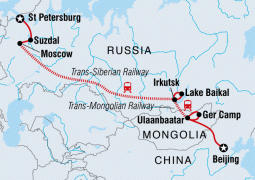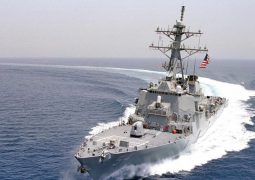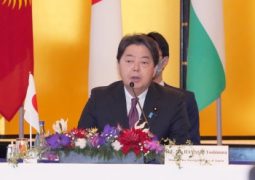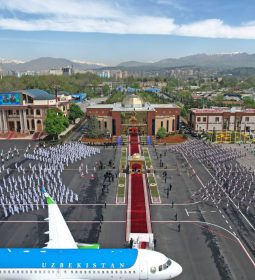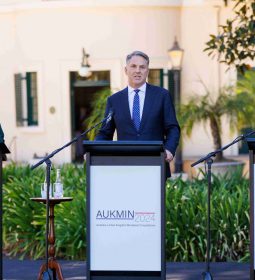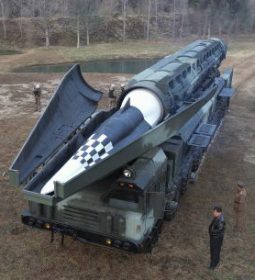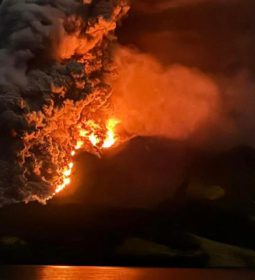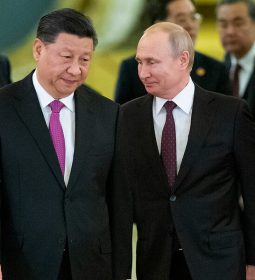Latin, Asian Nations Pursue Free Trade Without U.S.
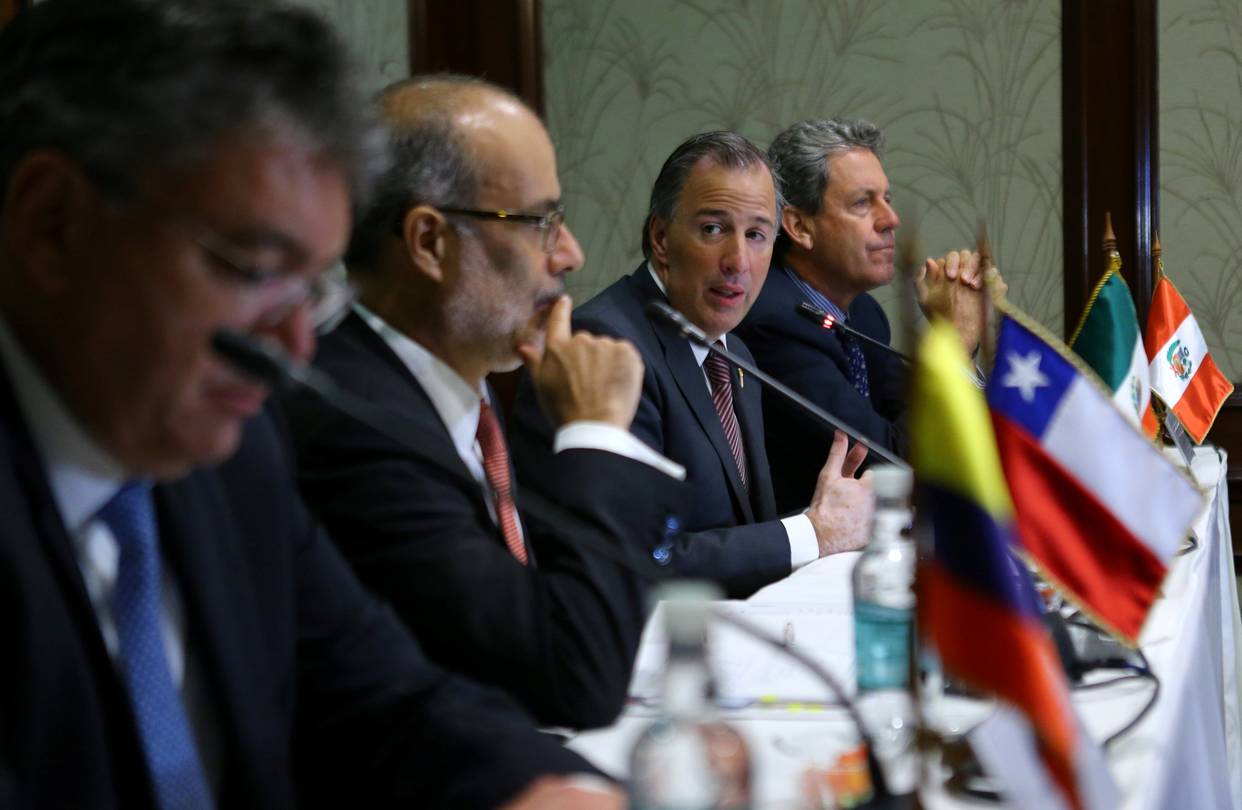
HONG KONG—With the U.S. signaling a turn toward protectionism, nations that have benefited from global commerce, from Australia to Japan to Peru, are trying to pick up the free-trade mantle.
Since the end of World War II, the U.S. has championed the idea that economies gain the most when they can freely buy and sell goods with each other. Now, amid rising U.S. skepticism of trade pacts, negotiators from other countries are rushing to salvage existing deals and sign new ones—often in talks without major American participation.
The latest example: Officials from more than a dozen countries are meeting in Chile starting Tuesday in part to discuss whether it is possible to revive the Trans-Pacific Partnership—a formerly U.S.-led trade pact that President Donald Trump pulled out of in January. The agreement was settled last year but never took effect. In trade circles, the notion of enacting the pact without the U.S., its biggest member, is now known as “TPP minus one.”
“What I will absolutely not do is pull down the [shutters] and say ‘that’s it, game over’,” said Steve Ciobo, the minister of trade in Australia, who is traveling to Chile for the talks.
The talks will take place at a meeting of the Pacific Alliance in Chile, a pro-trade grouping of four Latin American nations that also includes Colombia, Peru and Mexico. The U.S. is sending its ambassador to Chile to the meeting—not a senior trade official—a sign of limited U.S. interest in the outcome.
Reviving the TPP without the U.S. is a long shot. Japan—whose support will be crucial—is reluctant to open its markets more without greater access to the U.S., officials from Japan and other nations said.
Regardless of what happens in Chile, the discussion will provide much-needed momentum for trade talks in an era of growing criticism. Keeping talks going could allow a future U.S. president to complete a long-sought deal, proponents say.
“It is an opportunity for countries in the free-trade camp to at least indicate the determination to keep pushing forward and keep calling the U.S. to come back,” said Keio University Prof. Yorizumi Watanabe, a former Japanese trade negotiator.
The U.S. has been the chief promoter of open markets through the creation of multination trade frameworks since helping found the precursor of the World Trade Organization 70 years ago. But the election of Mr. Trump, a critic of the WTO and multicountry trade deals, has called that role into question.
Besides exiting the TPP, Mr. Trump threatened to quit the 20-year-old North American Free Trade Agreement with Mexico and Canada, and slap tariffs on China, the biggest U.S. trade partner. Mr. Trump says trade deals allowed other nations to steal U.S. jobs and that his administration would seek one-on-one pacts with better terms.
The U.S. shift has sparked concerns of possible trade wars. It has also prompted a host of nations that looked to Washington for cues on trade to forge ahead on their own.
“More countries may try to diversify and do deals with other countries that they may not previously have had reason to, because of the uncertainty” about future U.S. participation in trade deals, said New Zealand Trade Minister Todd McClay, who is attending the Chile meeting. In 2008, New Zealand became the first developed nation to sign a free-trade agreement with China.
A spokeswoman for Chile’s foreign-relations ministry said China is sending a delegation to the talks.
Japan and Vietnam, members of the TPP, have redoubled efforts to finish free-trade agreements with the European Union, officials of the countries have said.
Peruvian President Pedro Pablo Kuczynski said on Thursday that his government would seek to strengthen trade and investment within the Pacific Alliance, which would then explore as a group new accords in Asia with other blocs such as the Association of Southeast Asian Nations.
“The TPP without the United States is very difficult to do, but we can rescue some of the very important things,” he said.
With the U.S. questioning Nafta, Mexico is exploring other trade options. “You have to diversify trade and the way you connect with the rest of the world,” said Mexican Economy Minister Ildefonso Guajardo.
Negotiators in Asia also set an aggressive schedule to this year complete the Regional Comprehensive Economic Partnership, a 16-nation trade deal that includes China but not the U.S.
China is also seeking to raise its profile as a promoter of global trade. Few nations benefited as much from the rise in international commerce, which helped spur an eightfold expansion in the Chinese economy since it joined the WTO in 2001.
In a March 5 speech, Chinese Premier Li Keqiang called for the creation of a Free Trade Area of the Pacific.
Chinese solar-panel maker Hershey Power Co, which exports across Asia, said it believes the U.S. retreat will allow China to set terms of global trade favorable to itself.
“If China sets the rules, then of course tariff policies and other provisions will give Chinese companies a bigger advantage,” said Wang Sujuan, a company official.
In his March speech, Mr. Li said China is a trustworthy player.
—Rob Taylor in Canberra, Alastair Gale in Tokyo, Mark Magnier in Beijing, Robbie Whelan in Mexico City, Ryan Dube in Lima, Peru and William Mauldin in Washington
contributed to this article.
- Previous Malaysia Arrests 7, Including Immigration Officer, Alleging Islamic State Ties
- Next Wary of China, Duterte tells navy to build ‘structures’ east of Philippines





